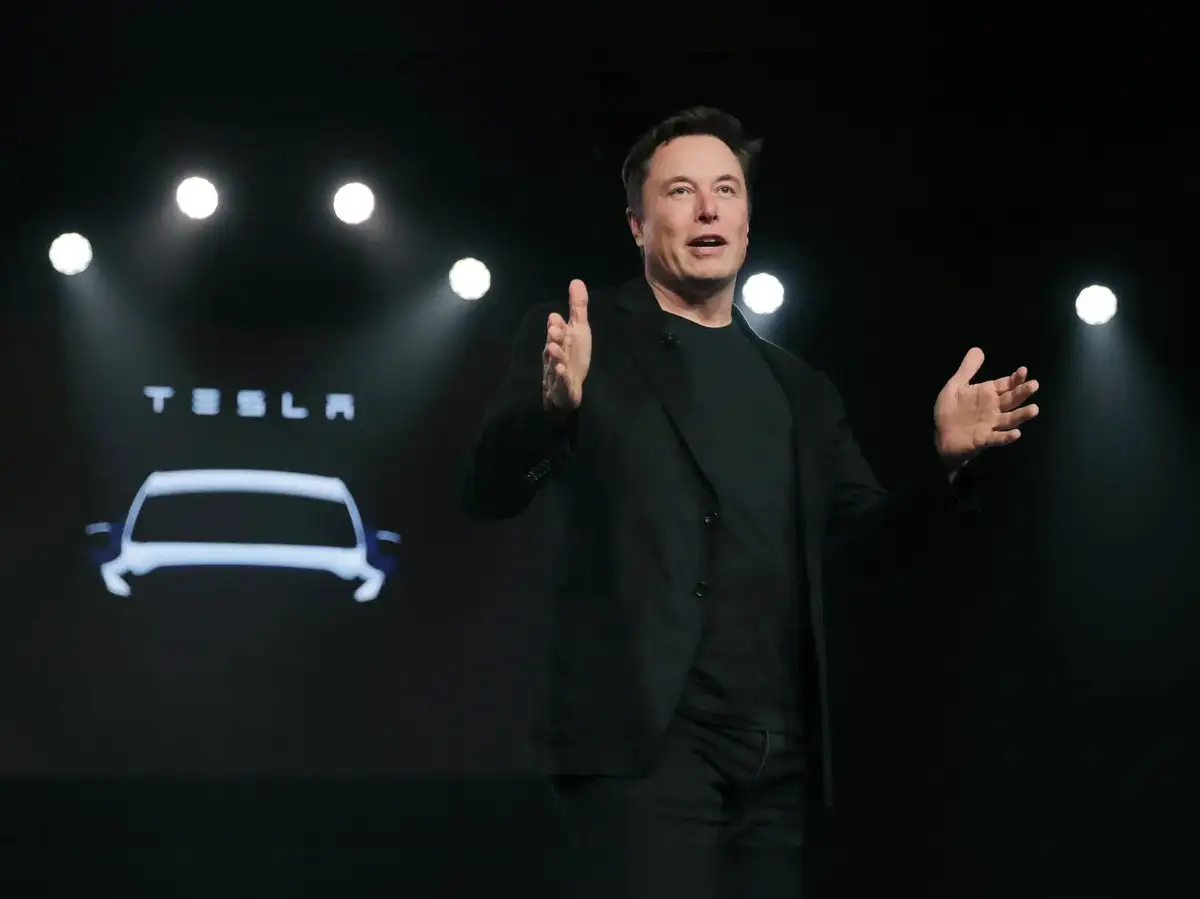Key Takeaways
- Tesla shareholders approved a $1 trillion pay package for CEO Elon Musk—tied to extreme performance milestones.
- The payout begins at a $2 trillion market cap and fully vests at $8.5 trillion, with major operational goals attached.
- The deal could make Musk the world’s first trillionaire, but only if Tesla meets its boldest targets yet.
A Historic Vote of Confidence
In a defining moment for both Tesla and executive compensation at large, shareholders of Tesla Inc. (Nasdaq: TSLA) have approved a $1 trillion stock option package for CEO Elon Musk. The vote, which passed with 75% approval, marks the largest executive pay plan in corporate history—one that could elevate Musk from the world’s richest man to the world’s first trillionaire.
However, this is no guaranteed windfall. The package is performance-based, split into 12 tranches that unlock only if Tesla achieves extraordinary financial and operational milestones. Musk’s rewards are tethered to Tesla’s long-term vision—one that stretches far beyond electric vehicles.
The $1 Trillion Target: What Musk Must Achieve
Under the approved plan, Musk’s stock options begin to vest when Tesla’s market capitalization reaches $2 trillion and fully mature when it hits $8.5 trillion—a figure more than five times the company’s current valuation of roughly $1.54 trillion.
But market cap alone won’t be enough. Each tranche requires Tesla to meet aggressive operational and profitability goals, including:
- Delivering 20 million vehicles cumulatively over the decade—double the company’s total output to date.
- Deploying 1 million robotaxis and 1 million humanoid robots (Optimus) in commercial operation.
- Achieving up to $400 billion in core profits across the plan’s timeframe.
These metrics reveal a clear message: Tesla’s next chapter isn’t just about making cars—it’s about transforming into a multi-sector technology and robotics powerhouse.
The Future of Tesla: Beyond the Electric Car
Elon Musk’s vision for Tesla extends into a new industrial era of automation, AI, and autonomous mobility. At the shareholder meeting in Austin, Texas, Musk described the company’s next phase as “a whole new book,” emphasizing that Tesla’s future hinges on scaling innovation beyond vehicles.
The plan would also increase Musk’s ownership stake from 13% to roughly 25%, tightening his grip on the company’s direction. For Tesla’s board, this is both a strategic incentive and a retention mechanism.
“The board argued that if the pay package wasn’t approved, Musk might leave,” one Tesla statement read. “And the company could not afford that risk.”
Yet, not everyone is convinced. Major institutional investors, including Norway’s sovereign wealth fund and CalPERS, voted against the deal, citing its massive scale and governance concerns. Their opposition reflects broader debates about corporate accountability and excessive executive compensation in the tech sector.
A Bold Gamble for Shareholders
This isn’t Musk’s first controversial payday. His previous $56 billion compensation package, awarded in 2018, faced legal challenges from shareholders despite Tesla’s meteoric growth under his leadership. This new deal multiplies those stakes—both financially and symbolically.
If Tesla reaches the $8.5 trillion valuation threshold, it would rival the combined worth of today’s largest tech giants. Such a leap would demand not only scaling production but also achieving dominance across energy storage, autonomous driving, robotics, and AI—industries where Tesla is still competing for traction.
For shareholders, the message is clear: Musk’s payout is directly tied to Tesla’s success on an almost unimaginable scale. The potential rewards—and risks—are unprecedented.
Conclusion: The Most Expensive Ultimatum in Corporate History
Elon Musk’s $1 trillion Tesla pay plan is more than a compensation package—it’s an ultimatum wrapped in ambition. It challenges both Musk and Tesla to redefine what a modern tech-driven manufacturer can achieve.
While critics see the deal as excessive, supporters argue that no other CEO has delivered comparable innovation or shareholder value. Whether Tesla hits its $8.5 trillion target or not, this moment solidifies Musk’s reputation as both the company’s greatest asset—and its boldest risk.
As one investor put it, Tesla’s future “rides on Musk’s vision—and now, so does his fortune.”
Disclaimer: The information in this article is for general purposes only and does not constitute financial advice. The author’s views are personal and may not reflect the views of GameDegen.com. Before making any investment decisions, you should always conduct your own research. GameDegen.com is not responsible for any financial losses.




